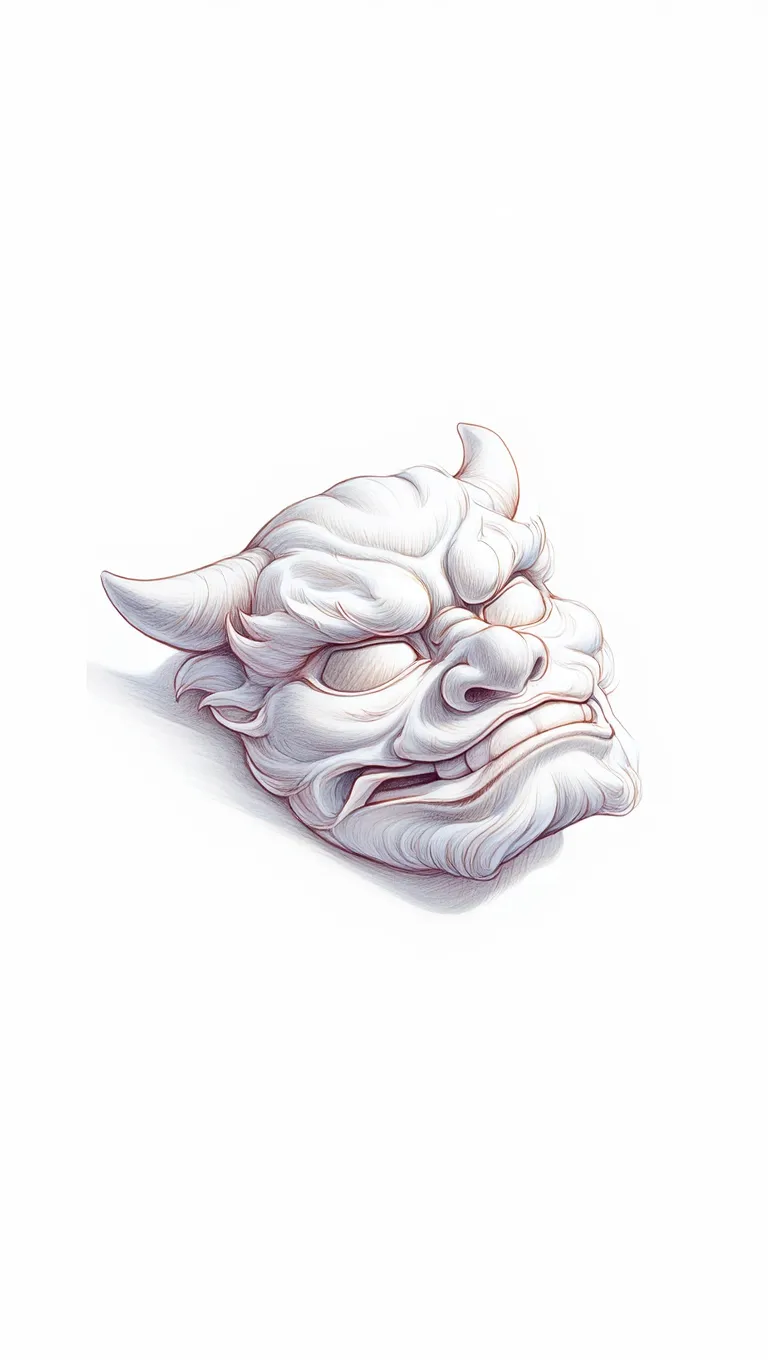
Essay
Many great products eventually become bad because teams naturally gravitate towards entropy. As teams grow:
Context fragments - In large teams, most individuals can’t see how their actions ripple through the system. It’s not just about whether they’re adding complexity; they often don’t even know when they’re doing so. And frankly, many don’t care — the connection between their decisions and the overall health of the product feels too distant, too abstract. Most are just trying to do their job, stay afloat, and not get in trouble.
Agency diminishes - Even for those who do notice the creeping entropy, it’s hard to do anything about it. The ability to meaningfully reduce complexity or reverse bad decisions often requires authority that most people simply don’t have.
Incentives become misaligned - For those that do have authority, fighting entropy usually means saying “no,” pushing back, removing things, or challenging norms — all of which are politically risky. The risk to upside ratio is very high.
Entropy compounds - This results in an apathetic system and the product eventually suffers.
In the beginning, every organization naturally has small amounts of dysfunction—minor inefficiencies, imperfect processes, tiny misalignments—but for the most part, is manageable. Over time, however, if left unchecked, the dysfunction quietly compounds until it one day passes an invisible threshold and becomes organizational cancer.
But just like how regular exercise keeps your body strong, proactively fighting entropy will keep an organization healthy. But it’s far easier to keep yourself in shape than an entire organization, which is why most companies will eventually cross the line and develop some kind of cancer. Once that happens, more drastic action is required—typically in the form of a ruthless pursuit of simplicity and clarity. For example:
Unrelenting simplicity, however, isn’t a silver bullet - it’s more like surgery. If you catch the cancer early on, surgery can work. But if it’s metastasized past a certain point, surgery becomes just as dangerous as the disease. This means that (1) you should cut out complexity early and often and (2) you better have a good surgeon.
I think this is what Musk is trying to do with DOGE. He sees that the country has Stage 4 cancer and believes we need to make a decision: are we past the point of saving or do we risk aggressive surgery? If we do nothing, maybe we can ride it out for another twenty years. But if we take drastic action now, perhaps we get seventy, but at the risk of blowing it up in ten. Now, if it were only up to Musk—who has a proven track record as a skilled surgeon—that’s one thing. But it’s also up to the patient: does the country have the constitution to survive the operation and the will to go through with it? My bet is that the surgeon will give up before the job is done.
“The third stage is you’re fighting complexity. And that’s the thing that you will crumble under your own weight over time absent some external intervention. And this you see all the time and it shows up and manifests in different ways which is everything gets more complicated. You need more layers of management, more head count, more this, more that, more everything. Everything becomes harder. You become slower and it’s a slower death because you have more scale, but it’s eventual death. Complexity does kill companies, maybe not as quickly as other things, but much more reliably than other things. This is why it’s never too early to plant the seeds of simplicity, put them there, make them part of the kind of culture of the organization. We have a guiding principles around the ‘fight for simplicity’. The message we’re trying to convey is simplicity is worth fighting for. One, it’s important. But the other thing is that it requires fighting for. It will be a fight. The universe is working against you and it will take calories to fight for that simplicity because everything, even well intentioned people will introduce complexity because that’s the natural way of the world. We want more tiers in our pricing. We want more knobs and dials in the product.” - Dharmesh Shah, HubSpot
“We had a rule in the HubSpot product as the product grew in the early years that every time you added what we thought of as a knob or dial called a feature, you had to take one out somewhere else. This goes to the sort of binary heuristic; it forces you to think about it. The other mistake I think people make in product all the time. We measure the cost of the feature based on the cost of implementation. That’s the first order thinking. Second order thinking is the maintenance of that feature. The third order thinking, which is the most nuanced and most important is the other cost that that complexity adds. So when you go from product number one to product two, it’s going to cost us X to develop. What now happens when you go from product 1 to product 2, you have added dimensional complexity to your business. What i mean by that, it’s not an incremental increase. Every decision you make has to be made to the lens of now we have 2 products. We just hired an engineer, do they work on product number one or number two? Do we spend 5 minutes talking about one or two? Now every chart that you ever had now has to be viewed through the lens of product one and two. And this applies once again every level of abstraction.” - Dharmesh Shah, HubSpot
